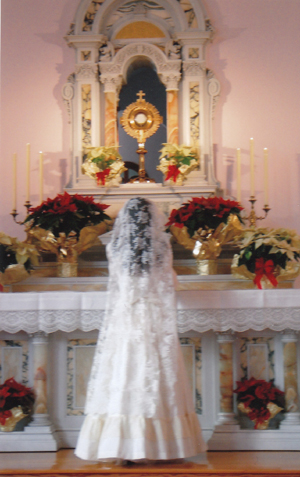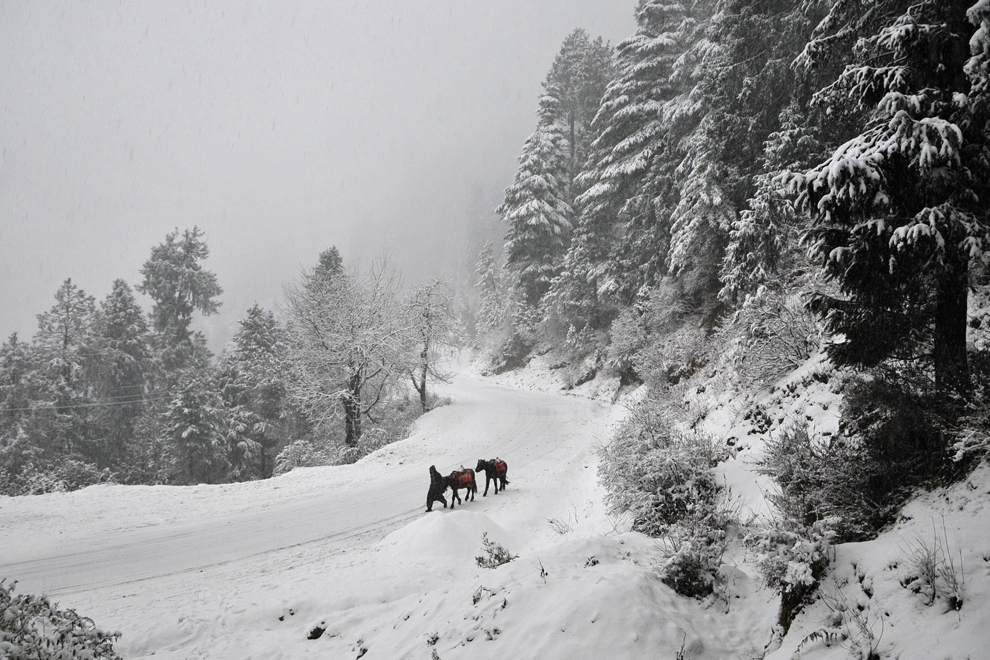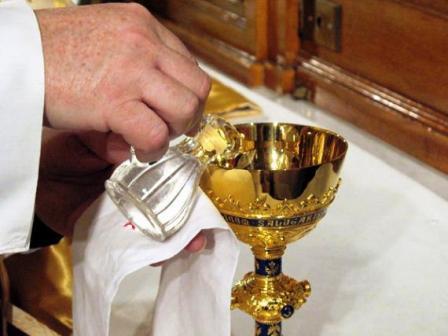Amidst failure,
Without reward,
Comprehending all my efforts are for naught,
My ambition blindness,
My alibis deafness,
Realizing amongst the faithful,
I am the least of my brother,
Shared brokenness through sin the lowest common denominator,
Elevation a romantic delusional endeavor,
Self-serving and wretched,
Understanding my intellect ranks nothing special,
Arrogant and proud,
Discerning my insight reflects self-centeredness,
Self-absorption a will to run riot,
Repeating worn phrases the severity of ignorance,
Needing the simple,
Routine and ritual a blessing,
Side-stepping dynamics,
Recognizing the paltriness of my offerings,
Conspicuous and Exposed,
My schemes and designs inadequate and flawed,
Stumbling upon the capricious wicked tongue,
The awkwardness of words,
Sentences going nowhere,
The humiliation of rigorous honesty,
Deciphering reality,
There will be no creative efforts of consequence,
No monumental writings,
Nothing whatsoever of my doing to hang my hat upon,
Everything debt,
Internalizing facts,
The most presentable to God a love He enkindles,
Yearning so deeply,
Suffering a surrender,
Resting not,
Until satisfied with, in, and through my Lord,
Reposed upon the Divine,
Content in smallness being an ugly reality,
Rather than a clever awareness,
A flight of egotistical fancy,
A misstep into disorder,
Can I still love God?
Under the immensity of conditions,
Grasping the spiritual life,
Simple and obvious,
Is mastered by few,
Cross-eyed and painful,
The slighted many errant,
Myself being one,
Knowing all He creates is good,
Can I still love God?
Monthly Archives: January 2015

Brides of Christ
There are two communities of cloistered Poor Clares I am honored to pray with, as all the public is provided with such a grace. The upper group photo displays the consecrated sisters I celebrate daily mass with. It means so much to hear their voices, to witness them assemble behind their fortifcation, to meditate upon their lives of seclusion and submergence within the contemplative life, committed to a life of perpetual adoration. So close, yet so distant. I pray for all of them, that they be graced with the strength and endurance to be proud brides to Our Lord, always growing in splendor upon their path of perfection. their efforts providing a bountiful bouquet of graces for many souls. The sisters bring immense faith, hope, and charity to my life. The bottom series of adorable photos presents a proud Bride of Christ. A sister of the second Poor Clares, she brings tears to my eyes to see the authenticity of her smile, to witness her shining love to offer herself to Christ. What a grace to behold the photos. The final photo leaves me speechless, committed to virtue, focused upon God, bewildered by the awesome power God is willing to bestow.

Fortitude

Dionysius the Aeropagite (post 3)
Mystical Theology
Chapter 1
Thus the blessed Bartholomew asserts that the divine science is both vast and minute, and that the Gospel is great and broad, yet concise and short; signifying by this, that the beneficent Cause of all is most eloquent, yet utters few words, or rather is altogether silent, as having neither (human) speech nor (human) understanding, because it is super-essentially exalted above created things, and reveals itself in Its naked Truth to those alone who pass beyond all that is pure or impure, and ascend above the topmost altitudes of holy things, and who, leaving behind them all divine light and sound and heavenly utterances, plunge into the Darkness where truly dwells, as the Oracles declare, that ONE who is beyond all.(3)
Post 3 Dionysius the Aeropagite
What follows is the legend of Dionysius taught by some Orthodox Churches. Interesting and fanciful, yet keep in mind the infallible words of Pope Benedict XVI previously posted.
The Hieromartyr Dionysius the Areopagite, Bishop of Athens St Dionysius lived originally in the city of Athens. He was raised there and received a classical Greek education. He then went to Egypt, where he studied astronomy at the city of Heliopolis. It was in Heliopolis, along with his friend Apollophonos where he witnessed the solar eclipse that occurred at the moment of the death of the Lord Jesus Christ by Crucifixion. “Either the Creator of all the world now suffers, or this visible world is coming to an end,” Dionysius said. Upon his return to Athens from Egypt, he was chosen to be a member of the Areopagus Council (Athenian high court).
When the holy Apostle Paul preached at the place on the Hill of Ares (Acts 17:16-34), Dionysius accepted his salvific proclamation and became a Christian. For three years St Dionysius remained a companion of the holy Apostle Paul in preaching the Word of God. Later on, the Apostle Paul selected him as bishop of the city of Athens. And in the year 57 St Dionysius was present at the repose of the Most Holy Theotokos.
During the lifetime of the Mother of God, St Dionysius had journeyed from Athens to Jerusalem to meet Her. He wrote to his teacher the Apostle Paul: “I witness by God, that besides the very God Himself, there is nothing else filled with such divine power and grace. No one can fully comprehend what I saw. I confess before God: when I was with John, who shone among the Apostles like the sun in the sky, when I was brought before the countenance of the Most Holy Virgin, I experienced an inexpressible sensation. Before me gleamed a sort of divine radiance which transfixed my spirit. I perceived the fragrance of indescribable aromas and was filled with such delight that my very body became faint, and my spirit could hardly endure these signs and marks of eternal majesty and heavenly power. The grace from her overwhelmed my heart and shook my very spirit. If I did not have in mind your instruction, I should have mistaken Her for the very God. It is impossible to stand before greater blessedness than this which I beheld.”
After the death of the Apostle Paul, St Dionysius wanted to continue with his work, and therefore went off preaching in the West, accompanied by the Presbyter Rusticus and Deacon Eleutherius. They converted many to Christ at Rome, and then in Germany, and then in Spain. In Gaul, during a persecution against Christians by the pagan authorities, all three confessors were arrested and thrown into prison. By night St Dionysius celebrated the Divine Liturgy with angels of the Lord. In the morning the martyrs were beheaded. According to an old tradition, St Dionysius took up his head, proceeded with it to the church and fell down dead there. A pious woman named Catulla buried the relics of the saint.

Negation
Teach me
Who
I am
Not,
Lord God,
King of Hosts,
So I
Understand
Who
I am

Dionysius the Areopagite (post 2)
Mystical Theology
Chapter 1
But these things are not to be disclosed to the uninitiated, by whom I mean those attached to the objects of human thought, and who believe there is no superessential Reality beyond, and who imagine that by their own understanding they know it that has made Darkness Its secret place. And if the principles of the divine Mysteries are beyond the understanding of these, what is to be said of others still more incapable thereof, who describe the transcendental First Cause of all by characteristics drawn from the lowest order of beings, while they deny that it is in any way above the images which they fashion after various designs; whereas they should affirm that, while it possesses all the positive attributes of the universe (being the Universal Cause) yet, in a more strict sense, it does not possess them, since it transcends them all; wherefore there is no contradiction between the affirmations and the negations, inasmuch as it infinitely precedes all conceptions of deprivation, being beyond all positive and negative distinctions.
Post 2 Dionysius the Areopagite
Pope Benedict’s XVI writes on Dionysius:
Today Dionysius the Areopagite has a new relevance: he appears as a great mediator in the modern dialogue between Christianity and the mystical theologies of Asia, whose characteristic feature is the conviction that it is impossible to say who God is, that only indirect things can be said about him; that God can only be spoken of with the “not”, and that it is only possible to reach him by entering into this indirect experience of “not”. And here a similarity can be seen between the thought of the Areopagite and that of Asian religions; he can be a mediator today as he was between the Greek spirit and the Gospel.

In Christ
Per huius aquæ et vini mystérium eius efficiámur divinitátis consórtes, qui humanitátis nostræ fíeri dignátus est párticeps.
By the mystery of this water and wine (2 Macc. 15:39; John 19:34) may we come to share in the divinity of Christ (Rom. 5:2; 2 Pet. 1:4) who humbled himself to share in our humanity (Phil. 2).
The drops of water added to the wine no longer exist of themselves but are caught up and incorporated into the wine. The water does not merely represent abstract humanity, but each of us concretely as humans: “we are the drop of water united with the wine.” (Calvary and the Mass) This is an analogy for life in Christ: what Jesus has by nature (His divine Sonship), we receive by grace (divine adoption). We “are being changed into his likeness from one degree of glory to another” (2 Cor. 3:18), but this transformation will not be complete until we enter Heaven.









Recent Comments